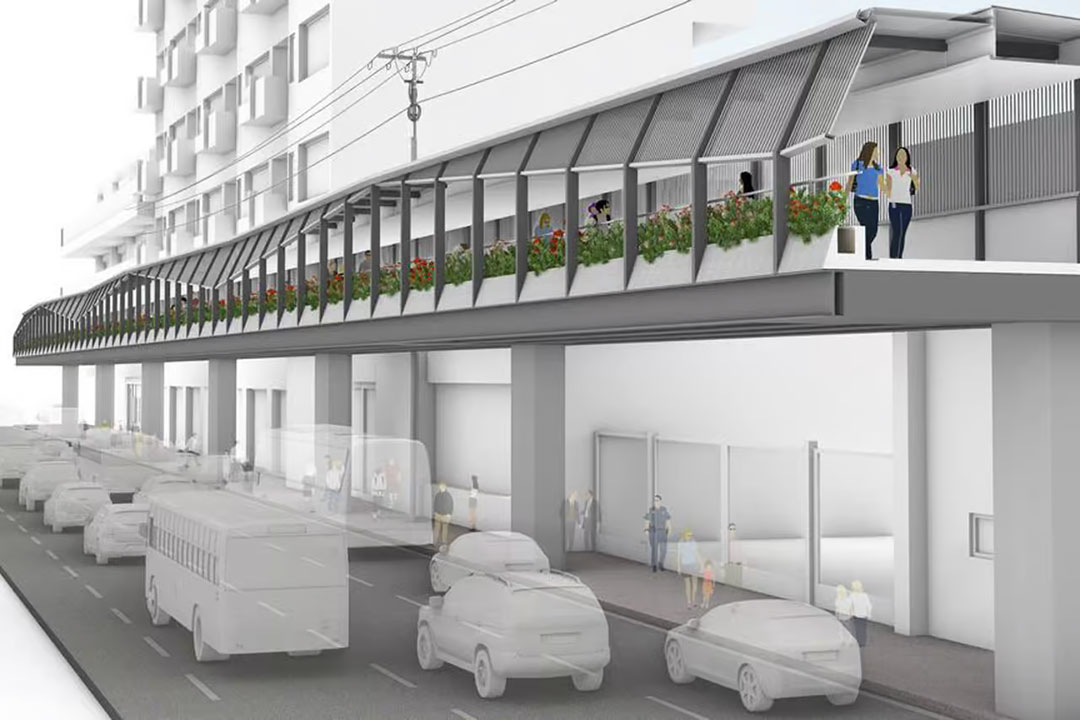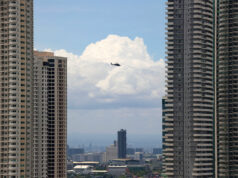
THE Department of Transportation (DoTr) must study ways to expedite stalled projects instead of cancelling them outright, analysts said.
“If projects are not moving, it is not the fault of the project itself but the institution that is supposed to be moving it along,” Nigel Paul C. Villarete, senior adviser on public-private partnerships (PPP) at the technical advisory group Libra Konsult, Inc., said via Viber.
Senator Maria Lourdes Nancy S. Binay said during a Senate hearing that the DoTr must make quick decisions on delayed projects funded by foreign loans to help the government save on commitment fees.
The Senate flagged the continued payments on projects that have been delayed or remain under review, like the Cebu Bus Rapid Transit (BRT) line and the EDSA Greenways project.
“They definitely should not terminate it. What DoTr can do is review their implementation protocols, and availability procedures and improve on them,” Mr. Villarete said.
Rene S. Santiago, former president of the Transportation Science Society of the Philippines, said the Cebu City Council in April adopted a resolution pushing to suspend civil works of the Cebu BRT.
“The absorptive capacity of DoTr is very low; its ability to translate budget to expenditure is low, which means poor budget utilization,” Mr. Santiago said.
Libra Konsult’s Mr. Villarete said terminating these projects would have a huge economic impact on the country.
“These projects were approved by the NEDA-Investment Coordinating Committee (ICC) protocols indicating the huge economic benefits these projects bring. It would be inimical to us if we give these up,” he said.
The Cebu BRT forms part of the DoTr’s flagship initiatives outlined in the National Expenditure Program for 2025.
The DoTr has said that the timeline for Cebu BRT full operations has been pushed back to 2027. The Cebu BRT is a 13.8-kilometer line with 17 stations, one terminal and one depot. — Ashley Erika O. Jose



